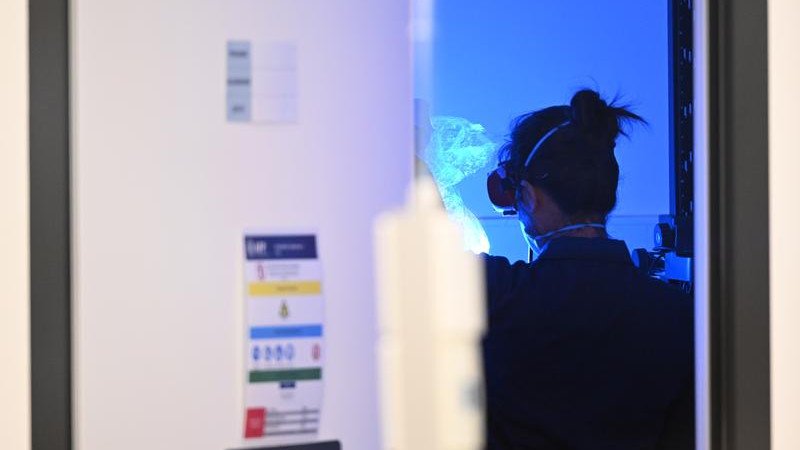Queensland DNA lab faces accreditation risks and ‘toxic’ culture as crisis deepens, review finds
Queensland’s forensic DNA lab remains in a prolonged state of crisis, according to a review that found the lab is struggling with accreditation, a backlog of cases, and a ‘toxic’ workplace culture.

A state forensic lab remains in a “sustained crisis”, a former Federal Bureau of Investigation expert says.
Queensland’s troubled DNA lab is struggling to maintain its accreditation, implement 126 commission of inquiry recommendations and address an ever-growing case backlog.
Those are some of the findings of former FBI expert Bruce Budowle, whose independent review into the lab’s operational matters was tabled on Tuesday.
Sign up to The Nightly's newsletters.
Get the first look at the digital newspaper, curated daily stories and breaking headlines delivered to your inbox.
By continuing you agree to our Terms and Privacy Policy.Dr Budowle found a “toxic” workplace culture was evident to the review team, including poor communication, a lack of empowerment, resistance to change and limited evidence of a solution-based culture.
The review team also found some scientific methods were being implemented without proper validation, posing risks to result integrity.
“Despite considerable effort over the past two and a half years, FSQ (Forensic Science Queensland) remains a laboratory in a state of sustained crisis,” the report said.
It follows a damning review released by the Queensland government on Monday that exposed further flaws at the troubled lab, which has delayed court cases for years and left major crime victims in “harm’s way”.
A revamp of contamination issues at Forensic Science Queensland is to be headed by former NSW Police commissioner Mick Fuller.
The planned revamp follows the resignation of lab director Linzi Wilson-Wilde in July, a month after being suspended over “contamination issues” at the lab.
Attorney-General Deb Frecklington told a budget estimates hearing on Tuesday the Budowle review had uncovered a troubling amount of environmental contamination within the lab and calculation errors with kinship and paternity testing dating back several years.
“Evidence from police is that FSQ significant delays and backlogs are having considerable negative impact on active investigations and public safety,” Ms Frecklington told the hearing.
“And a workplace culture at FSQ that appeared to the review team to be, and I quote, ‘quite toxic’, with management at all levels appearing to operate in a reactive, crisis-management mode.”
The Budowle report also found a “check-the-box” approach to accreditation and risk assessment has led to a culture of superficial compliance at the lab.
“Additionally, this approach fostered an illusion of progress which appeared to the review team to be concealing deep-seated risks and promoting lack of adequate proactive responses and mitigation processes,” the report said.
Dr Budowle recommended the appointment of an independent advisor to the lab, promoting solution-oriented approaches and a strategic pause in operations.
A break of two to four weeks or longer could assist in addressing “fundamental quality issues, retrain scientific staff, and implement robust contamination controls and mitigation procedures”.
Forensic Science Queensland was established in May 2023 after two inquiries exposed major lab failings.
The state government has provided $50 million to address the DNA lab’s backlog.
